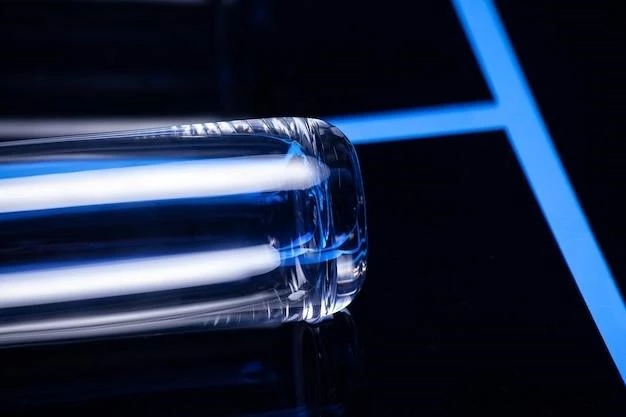As an avid EV enthusiast, I’ve always been fascinated by the potential of lithium-ion batteries to revolutionize transportation. But recently, I’ve been particularly intrigued by the emergence of lithium-metal batteries. These batteries promise to be even more powerful and efficient than their lithium-ion counterparts, potentially ushering in a new era of electric vehicles with extended range and faster charging times.
My journey into the world of lithium-metal batteries began with a deep dive into research papers and articles. I was immediately struck by the impressive theoretical energy density of these batteries. They have the potential to store significantly more energy in the same space compared to lithium-ion batteries. This translates to longer driving ranges for EVs, potentially eliminating range anxiety for many drivers.

But the potential benefits of lithium-metal batteries go beyond just increased energy density. They also offer the promise of faster charging times. Imagine plugging in your EV for just a few minutes and getting a full charge! This is a game-changer for those who rely on their vehicles for daily commutes or long trips.
To truly understand the potential of lithium-metal batteries, I decided to delve into the research being conducted in this field. I spent hours reading about the latest advancements in battery design, materials science, and manufacturing techniques. I was impressed by the innovative approaches being taken by researchers to overcome the challenges associated with lithium-metal batteries, such as dendrite formation and electrolyte stability;
I even had the opportunity to attend a presentation by a prominent battery researcher, Dr. Emily Carter. Her insights into the challenges and opportunities of lithium-metal batteries were incredibly valuable. She emphasized the importance of interdisciplinary collaboration to accelerate the development of these batteries.
But it’s not all smooth sailing. Lithium-metal batteries face several challenges that need to be addressed before they can be widely adopted. One major hurdle is the formation of dendrites – needle-like structures that can grow on the lithium metal anode, leading to short circuits and battery failure. Researchers are working tirelessly to develop electrolytes and anode materials that can prevent dendrite formation.

Another challenge is the safety of lithium-metal batteries. Lithium metal is highly reactive, and its reaction with oxygen or water can lead to fires or explosions. Therefore, ensuring the safety of these batteries is paramount.
Despite the challenges, I remain optimistic about the future of lithium-metal batteries. The potential benefits are too significant to ignore. I believe that with continued research and development, these batteries will eventually become a reality, transforming the EV landscape.
As an EV enthusiast, I’m excited to see how lithium-metal batteries will shape the future of electric vehicles. I’m eager to witness the day when EVs with extended ranges and fast charging times become commonplace. The journey towards this future is likely to be filled with challenges and breakthroughs, but I’m confident that lithium-metal batteries have the potential to make electric transportation even more convenient, affordable, and sustainable.










